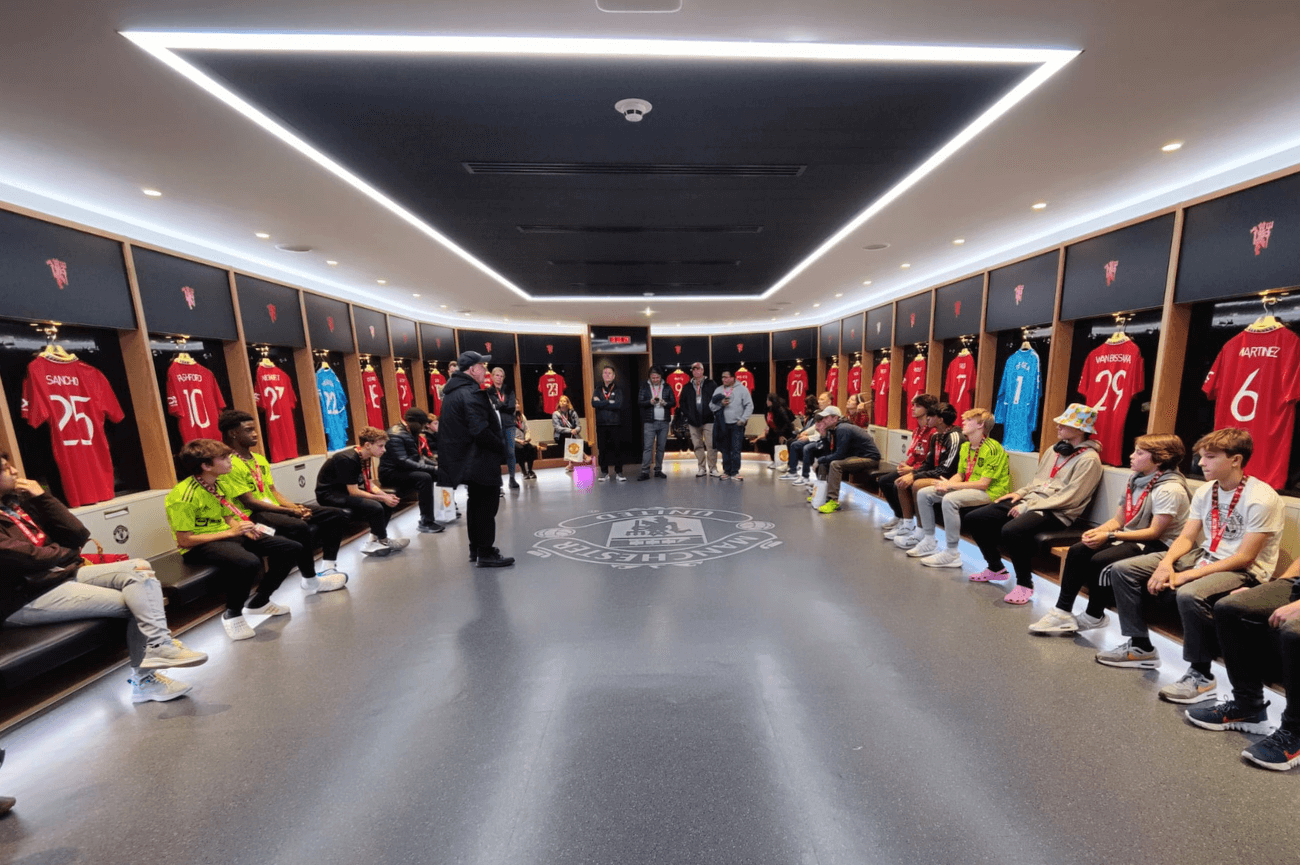In recent years, the integration of sports science into soccer has revolutionized the way the game is played, practiced, and experienced. What was once solely an arena of raw talent and instinctual play has morphed into a sophisticated discipline, combining athletic prowess with data-driven decision-making. The rise of sports science in soccer is no longer confined to professional leagues and is making a significant mark on grassroots levels too.
For teams preparing for a youth soccer trip to Europe, understanding and implementing sports science is crucial. Europe, being the hub of some of the most competitive and advanced soccer cultures, demands an approach that goes beyond traditional coaching methods. Here, the emphasis on physical conditioning, nutritional planning, mental readiness, and data-backed strategies are key elements that can dramatically enhance the performance and experience of young players.
Implementing sports science is particularly significant when embarking on an international youth soccer trip. The challenges of travel, acclimatization, and competition against diverse playing styles necessitate a scientifically informed approach. By embracing sports science, coaches can ensure that their teams are not just participants but formidable contenders, ready to make the most of their European soccer experience.
Understanding The Basics of Sport Science in Soccer
Sports science is a multidisciplinary field that applies scientific principles to the understanding, enhancement, and management of sports performance. It encompasses various aspects such as physiology, psychology, biomechanics, and nutrition, to optimize an athlete’s potential. In the realm of soccer, the impact of sports science is profound. It contributes significantly to improving performance by tailoring training regimes to an individual’s specific needs, ensuring optimal energy utilization and skill development. Additionally, sports science plays a pivotal role in injury prevention by promoting techniques and practices that reduce the risk of strains and sprains. For instance, data-driven insights can guide adjustments in training intensity, frequency, and form, thereby mitigating the chances of overexertion or incorrect technique. Moreover, sports science aids in faster and more effective recovery post-injury through evidence-based rehabilitation protocols.
In the context of youth soccer, the application of scientific principles is essential. Young athletes are in a crucial phase of physical development, and an informed approach can help in fostering their skills, endurance, and resilience effectively. By integrating sports science into training and gameplay, coaches can ensure that youth players build a strong foundation, minimizing injuries and maximizing their potential on the field.

Old Trafford Panoramic
Preparing for the European Trip: The Role of Sports Science
- Physical Preparation
As a coach preparing your team for a European soccer trip, understanding the nuances of physical preparation is paramount. Tailoring fitness, endurance, and strength training to the specific needs of youth players is essential. While youth athletes are brimming with energy, their bodies require careful conditioning to enhance performance and avoid burnout. Incorporating age-appropriate drills focusing on agility, stamina, and strength not only preps them for the intensity of international matches but also fosters a habit of discipline and fitness that lasts a lifetime.
Equally crucial to a successful youth soccer trip is ensuring your players are well-nourished and hydrated. Proper nutritional planning can be a game-changer. Before embarking on the trip, it’s vital to educate players and their guardians about maintaining a balanced diet rich in proteins, carbohydrates, vitamins, and minerals. On the trip, monitoring meals and ensuring adequate hydration becomes critical. Generation adidas International can help with tailoring nutrition to the demands of travel and match schedules to ensure that your players have sustained energy levels and can recover swiftly after each game.
- Psychological Readiness
A European tour can be exhilarating but also daunting for young players. Hence, mental conditioning is pivotal. Strategies to foster psychological readiness include familiarizing players with the expected environments, cultures, and playing styles they might encounter. Encourage practices like visualization, positive affirmations, and relaxation techniques to combat travel stress and pre-match anxiety. Creating a supportive environment, where each player feels valued and confident, can significantly elevate their mental strength and contribute to a harmonious and successful tour.
Implementing Sports Science During the European Trip
- Monitoring and Data Collection
During the European trip, leveraging cutting-edge wearables and tracking technologies could be possible for coaches if they have access to the technology. These devices, such as GPS trackers, heart rate monitors, and smartwatches, provide real-time data on each player’s performance, monitoring aspects like speed, distance covered, and fatigue levels. By analyzing this data, coaches can make informed decisions, adjusting strategies to optimize player output while minimizing the risk of overexertion.
- Tailored Training Sessions
The impact of travel, particularly factors like jet lag and acclimatization to a new climate, can significantly affect a player’s performance. Thus, coaches could design training sessions that are mindful of these challenges. Tailoring practices to gradually adjust players to the local time zone and weather conditions can be helpful. Balancing the intensity and frequency of workouts can ensure that players are neither overworked nor underprepared. This personalized approach ensures players are at peak physical and mental condition for each match.
- Injury Prevention and Recovery
With a busy schedule, a proactive approach to injury prevention and recovery is integral during the trip. Coaches should place emphasis on structured warm-ups and cool-downs to prepare the body for intensive play and aid in post-game recovery. Incorporating dynamic stretches, agility drills, and light cardiovascular exercises can prime the muscles and joints. Equally vital are rest days, allowing players’ bodies to recover.
- Nutrition and Hydration Management
Efficient management of nutrition and hydration is key to sustaining energy levels and ensuring quick recovery. Generation adidas International hand pick hotels and can suggest local restaurants that supply meals that provide a balanced mix of proteins, carbohydrates, and fats. Regular hydration checks, especially in varying climates, ensure players remain energized and focused. Post-match nutrition should focus on replenishment and recovery, with adequate emphasis on electrolyte balance. By managing nutrition and hydration, coaches can ensure that players are always ready to perform at their best.
Learning From European Soccer Cultures
Europe stands as a pinnacle of soccer excellence, with its clubs and academies often leading the way in innovative sports science practices. Top European clubs have long embraced the integration of sports science into their training and development programs. Their approach involves meticulous attention to every aspect of a player’s journey, from tailored fitness routines and nutritional plans to mental health support and injury recovery protocols.
Academies in Europe often invest in cutting-edge technologies and research to stay ahead in the game. These practices are not confined to adult players; youth academies, too, benefit from these advances, ensuring that young talents are nurtured scientifically from the get-go. Coaches leading youth soccer trips to Europe have a unique opportunity to observe and glean insights from these practices. By understanding and adopting methodologies that have proven successful in European settings, coaches can significantly elevate the experience and performance of their youth teams.
In conclusion, integrating sports science into the preparation and execution of a youth soccer trip to Europe can be indispensable. From physical conditioning and nutritional planning to injury prevention and mental readiness, sports science provides a holistic approach to player development and performance enhancement. By learning from the advanced practices prevalent in European soccer cultures, coaches can tailor their strategies to ensure that their players not only compete but thrive on the international stage. Embracing sports science is a step towards fostering a culture of excellence, resilience, and sustainable success for youth soccer teams.






